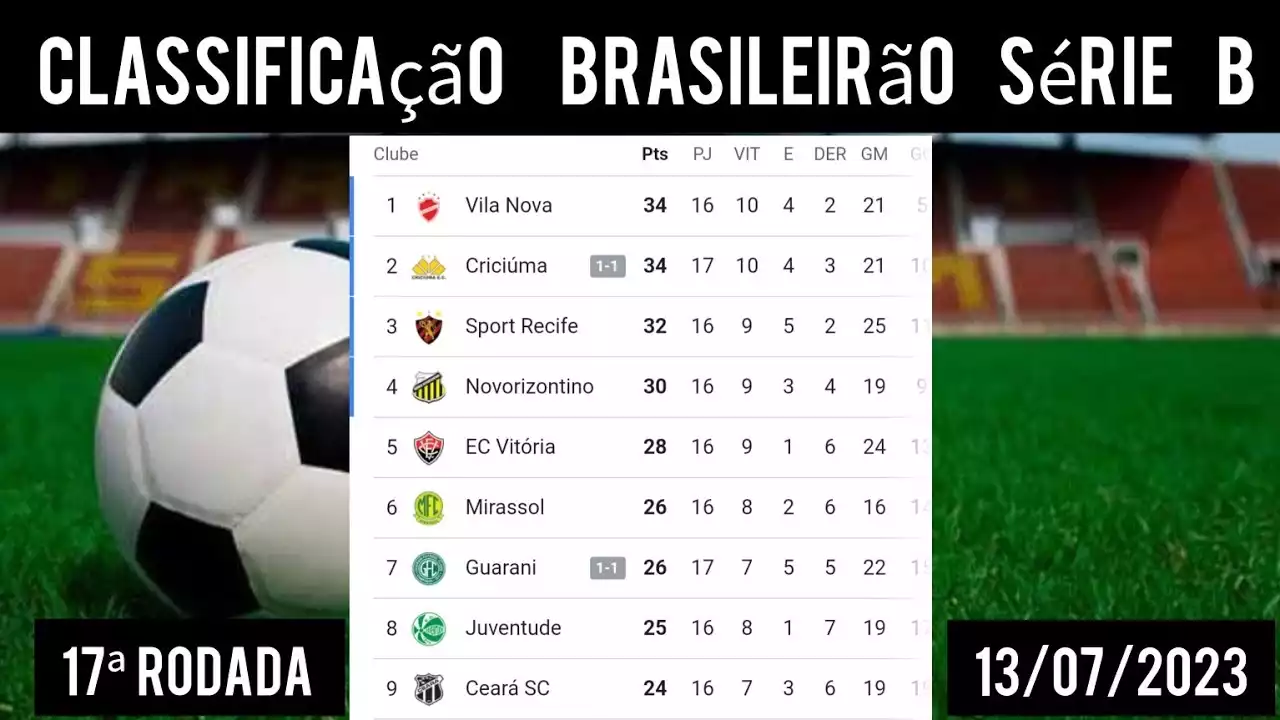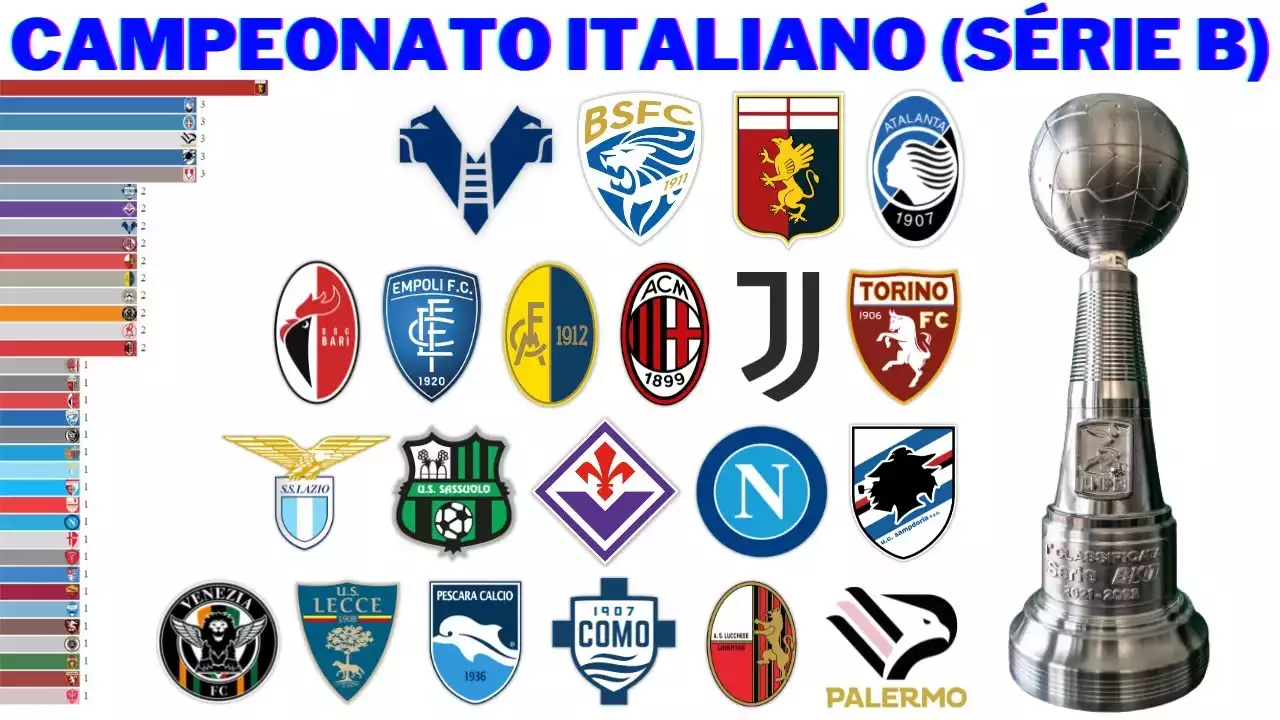History of Série B
The Série B, also known as the Campeonato Brasileiro Série B, was first introduced in 1971. At that time, it was called the Taça de Prata, and it was a tournament for clubs that did not qualify for the Série A. The competition was discontinued in 1979 but was later reintroduced in 1980, with a new name, the Série B. Since then, the competition has gone through several changes, including the number of participating teams, the promotion system, and the format.
The Série B has become an important platform for young players to showcase their talents and gain experience. Many players who have played in the Série B have gone on to become successful in the Série A and even in other leagues around the world. It is also a great opportunity for smaller clubs to gain exposure and compete with some of the biggest clubs in Brazil.
Despite its importance, the Série B has faced several challenges, including financial instability and corruption scandals. However, it has managed to overcome these challenges and remains one of the most exciting football leagues in Brazil.
Structure of Série B
The Série B comprises 20 teams that play against each other twice, once at home and once away. The team with the most points at the end of the season is declared the champion and is promoted to the Série A. The teams that finish in the second and third positions also gain promotion to the Série A. The four teams that finish at the bottom of the table are relegated to the Série C.
The Série B season usually starts in April and ends in November, with a break in June and July to coincide with the Copa America. The format of the Série B has remained the same since 2006, and it has proved to be successful in producing exciting football and identifying talented players.
The Série B also has its own championship trophy, the Troféu João Havelange. The trophy is named after the former president of the Brazilian Football Confederation, who played a crucial role in the development of Brazilian football.
Promotion system in Série B
The promotion system in the Série B is different from most other football leagues worldwide. Instead of having a playoff system to determine the promoted teams, the top four teams at the end of the season are automatically promoted to the Série A. This system has been criticized by some, as it does not allow for the excitement of playoffs and can lead to some teams becoming complacent towards the end of the season.
However, the system has also been praised for its fairness and transparency. The teams that finish in the top four positions have earned their promotion through consistent performances throughout the season. This system also ensures that the teams that are promoted are the ones that have shown the most potential and are best equipped to compete in the Série A.
Current status of Série B
The Série B is currently one of the most exciting football leagues in Brazil. It attracts a large number of fans and generates significant revenue for the clubs and the Brazilian Football Confederation. The league has also become a hotbed for young talent, with many players using it as a stepping stone to greater success.
However, the Série B still faces several challenges, including financial instability, corruption, and a lack of exposure compared to the Série A. Despite these challenges, the Série B has managed to maintain its status as a highly competitive and entertaining league.
Teams and players to watch in Série B
The Série B has produced some of the most talented players in Brazilian football history. Many of these players have gone on to become successful in the Série A and even in other leagues around the world. Some of the most successful teams in the Série B include:
- Internacional: One of the most successful clubs in Brazilian football history, Internacional has won the Série B twice and has also won the Série A three times.
- Coritiba: Coritiba has won the Série B twice and has a strong fan base in Brazil. The club has also produced several successful players, including Rafinha and Miranda.
- Goiás: Goiás has won the Série B twice and has a reputation for producing talented young players. The club has also produced several successful coaches, including the current Brazil national team coach, Tite.
Challenges faced by Série B
Despite its successes, the Série B still faces several challenges. One of the biggest challenges is financial instability, with many clubs struggling to pay their players and maintain their infrastructure. Corruption is also a significant concern, with several clubs and officials being investigated for wrongdoing.
Another challenge is the lack of exposure compared to the Série A. The Série B does not receive as much media coverage, sponsorship, or fan support as the Série A, which can make it difficult for clubs to attract top talent and generate revenue.
Impact of Série B on Brazilian football
The Série B has had a significant impact on Brazilian football. It has provided a platform for young players to showcase their talents and gain experience, and has also provided smaller clubs with exposure and the opportunity to compete with some of the biggest clubs in Brazil.
The Série B has also contributed to the development of Brazilian football by producing talented players who have gone on to become successful both domestically and internationally. It has also provided a pipeline of talent for the Brazil national team, with many Série B players being called up to represent their country.
Comparison with other football leagues around the world
The Série B's promotion system is unique compared to most other football leagues worldwide. In most other leagues, playoff systems are used to determine the promoted teams. However, the Série B's system has been praised for its fairness and transparency, as the teams that finish in the top four positions are automatically promoted.
The Série B's structure is also different from most other leagues, with 20 teams competing against each other twice. This system has proved to be successful in producing exciting football and identifying talented players.










